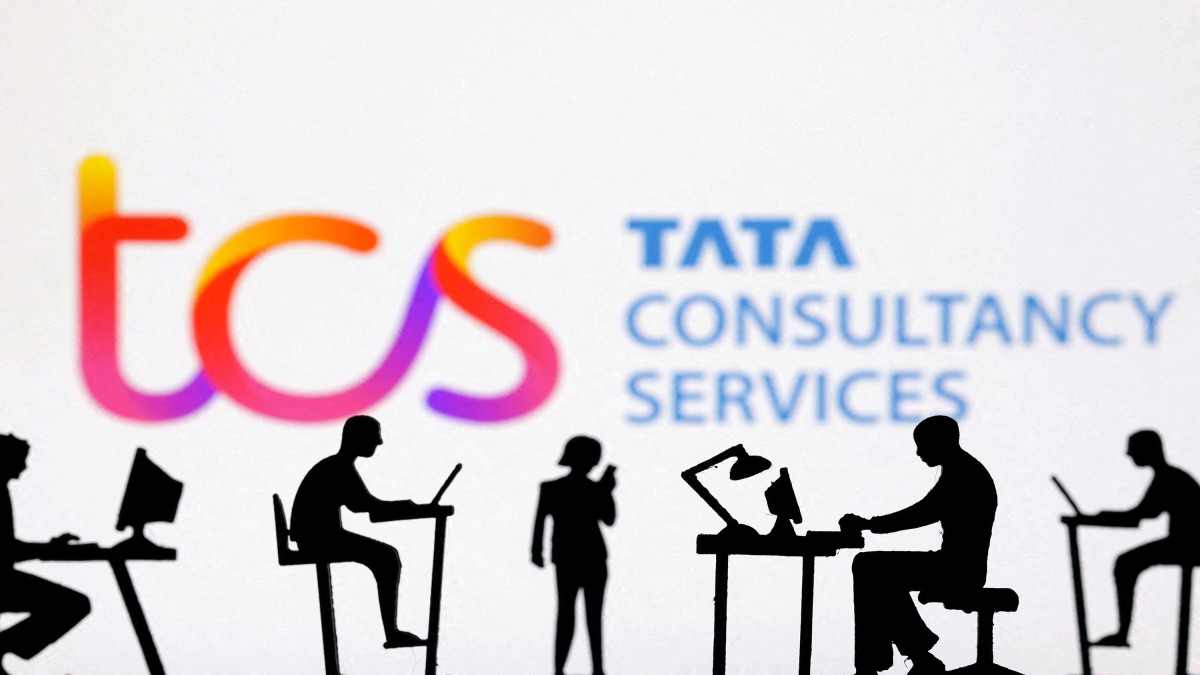

Tata Consultancy Services (TCS), India's largest IT services provider, is planning to reduce its workforce by approximately 2%, which translates to over 12,000 employees. This decision comes as the company aims to become more agile and future-ready in the face of evolving market demands, macroeconomic uncertainties, and disruptions caused by AI-led technologies.
Reasons for the Layoffs
Several factors are contributing to this workforce reduction. Ongoing economic uncertainties and the rapid advancement of AI technologies are impacting business demands. TCS is strategically realigning its workforce to address the skills required for the future and to improve the feasibility of deployment. CEO K Krithivasan clarified that the layoffs are not solely due to AI but are aimed at ensuring the company has the right skill sets for future projects. TCS is also investing in new technology areas, entering new markets, deploying AI at scale, strengthening partnerships, and creating next-generation infrastructure.
Impact on Employees
The layoffs are expected to primarily affect employees in the middle and senior management levels. TCS has stated that it will provide affected employees with severance packages, outplacement services, and extended benefits. The company aims to make the transition as compassionate as possible, offering notice period compensation, additional severance pay, extended insurance coverage, and career transition assistance.
TCS's Perspective
In a statement, TCS explained that it is on a journey to become a future-ready organization and will be releasing associates whose deployment may not be feasible. The company emphasized that this transition is being planned carefully to ensure minimal impact on service delivery to clients. TCS also expressed gratitude to the affected employees for their service and committed to supporting them in their transition to new opportunities.
Recent Financial Performance & Strategic Initiatives
TCS has demonstrated strong financial performance, with its Q1 FY26 results showing resilience amid global headwinds. The company reported revenue of ₹63,437 crore, a 1.3% year-over-year increase, and net income rose to ₹12,760 crore, a 6.0% year-over-year increase. In April 2025, TCS reported record net sales of Rs 64,479.00 crore for the quarter ending March 2025, the highest in five quarters. Despite these positive results, TCS is proactively adapting to technological changes and market shifts. Project Fluidity is an initiative where senior managers or consultants may be placed on the bench if their performance is unsatisfactory. TCS is also focused on retraining and redeploying staff to become more agile.
Broader Industry Context
The IT services sector in India, with combined revenues exceeding $283 billion, is witnessing a decline in job additions across major firms. In the April-June quarter, the top six IT companies experienced a 72% drop in workforce expansion. This trend highlights the increasing pressure on IT companies to adapt to changing technology landscapes and optimize their workforce.
Other Employee-Related Updates
TCS's total workforce as of June 2025 was 613,069. The company added a net of 6,071 employees in Q1 FY26. However, TCS also experienced a decline of 5,370 employees in Q3 FY25. The attrition rate at TCS neared a two-year high of 13.8% in Q1 FY26, compared to 13.3% in the previous quarter. TCS plans to continue its campus hiring program, aiming to bring in 42,000 freshers in FY26, similar to the previous fiscal year. However, there have been no decisions made yet regarding salary hikes for employees this year.